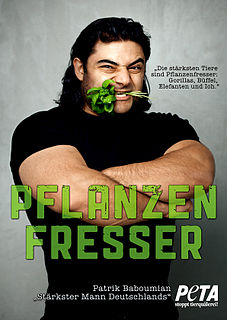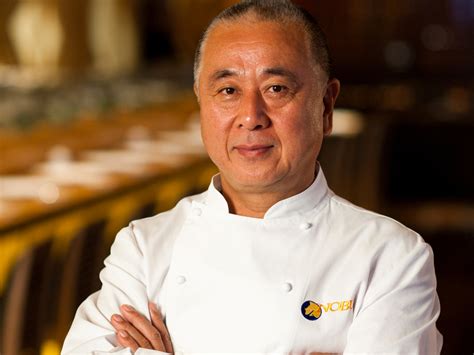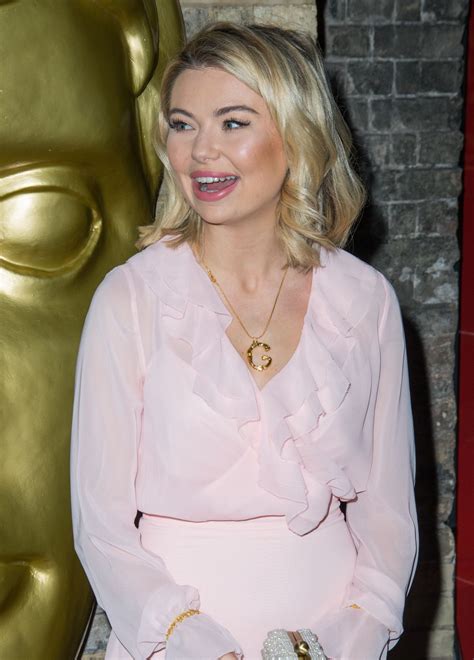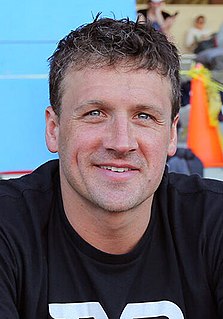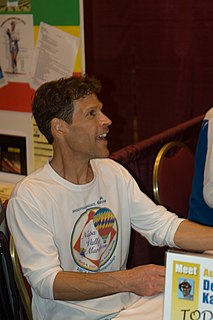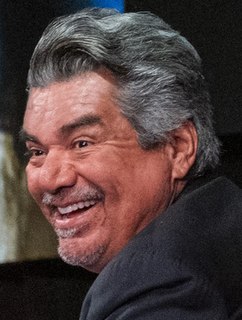A Quote by Daniel Levitin
Out of 30,000 edible plants thought to exist on earth, just eleven account for 93% of all that humans eat: oats, corn, rice, wheat, potatoes, yucca (also called tapioca or cassava), sorghum, millet, beans, barley, and rye.
Related Quotes
The fact is that humans have been shaping the genetics of what they eat for thousands of years. Genetic engineering simply speeds up the process that used to take generations. Preventing people from getting things like golden rice or disease-resistant cassava destroys human life, and does not spare the environment in any way.
As humans, we do get to choose what we eat, and when we choose to eat a plant, we are eating (i.e., harming) just that plant, plus indirectly whatever nutrients that plant consumed over its lifetime (and we are also harming whatever beings may have been living on that plant or who were injured or killed in the harvesting process). But when we eat an animal, we are eating not just that animal, but also indirectly all of the plants and other beings that that animal ate over its lifetime - those plants became the flesh that we eat.





